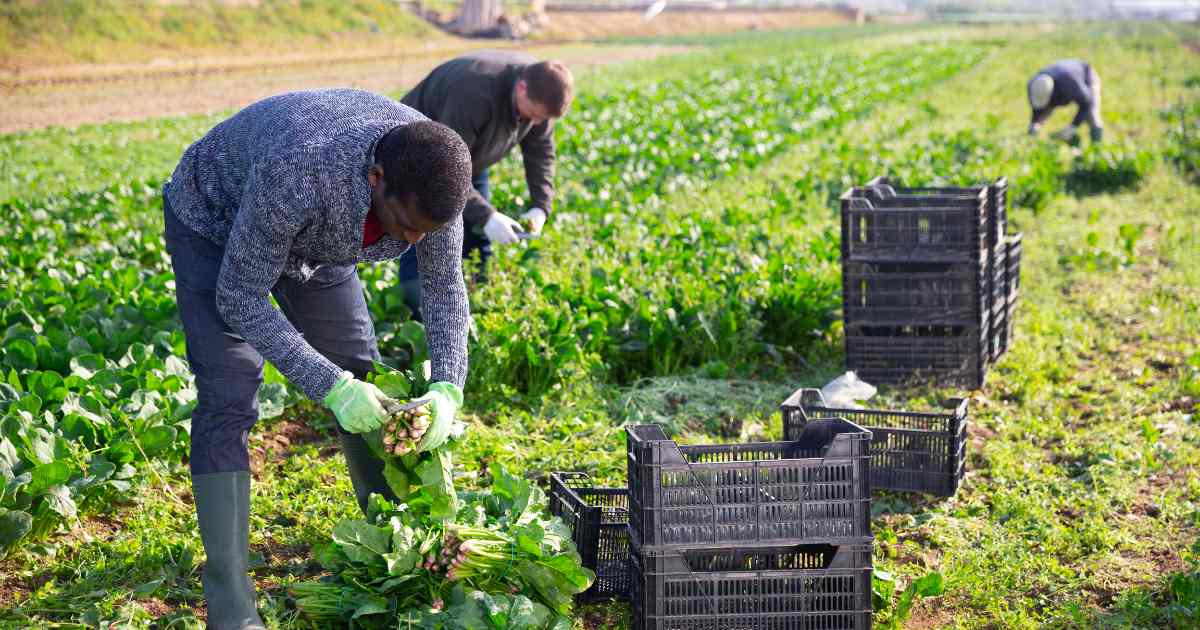Accessing high-value markets means that small-scale farmers have access to people who are interested in purchasing their agricultural produce or products. But in South Africa, the environment proves to be challenging.
Outsiders – people who don’t operate or understand the agricultural sector – think of farmers and see a large piece of outstretched land filled with fat cattle, maize fields growing higher than a man and shiny tractors working away at everything that needs to be done. But agripreneurs, this is a far-fetched, idealistic picture. The majority of South African farmers are small-scale farmers. Roughly 250 thousand fall into this category with an additional 1,5 million being subsistent farmers.
For the sake of this article, both small-scale farmers and subsistent farmers will fall into the category of small-scale and small-holder farmers.
Commercial farmers have monopolised access to formal markets and have the capacity to deliver larger orders, creating a barrier to entry for smaller farm businesses. In turn, these less prominent players are left serving their rural communities and local markets.
Furthermore, the size of their operation makes it difficult to compete with commercial giants who use productivity tools, employ a large number of people, or even have the ability to market their own product lines. Compliance is another challenge for them due to limited value addition, transportation constraints, limited resources, and insufficient infrastructure like cold storage.
What Are High-Value Markets?
High-value markets are sectors where farmers can sell their products that will give them a good price. As matters stand, farmers are price takers, not price givers. That means that the farmers don’t have the ability to set their prices, for instance, saying that an item such as cabbage costs R10. Instead, market prices are set and determined by the availability of produce, how much is available, and what the market is willing to pay. Whether it is willing ot pay the farmer R7 or R12, the farmer is forced to take the offer.
This is why small-scale farmers in particular need to obtain higher, rather than lower prices, so their businesses can grow. Considering this, high-value markets can be defined as outlets that are more rewarding to the farmer. Alternatively, this term can also be used to describe the increased value associated with higher quality produce or value-added products. Lastly, it can define the higher value of a crop in comparison to another. These are unique crops like dragon fruit or even specialised vegetables that don’t traditionally grow in the country.
Pathways to High-Value Markets
Small-scale farmers who are aiming to enter formal, high-value markets have a few pathways to follow. Like any business, there is no guarantee of success.
Digital Access
Living in a digital age means that there are digital tools that farmers can turn to when they need to access markets.
One platform that stands out in terms of digital tools is the KHULA! App. Not only does it allow users to sell their fresh produce online, but it also helps them purchase inputs.
SPASA Eats, on the other hand, is helping farmers reach their audience, removing the middleman completely. Farmers join the app as a vendor, following the registration procedure. The user will then find your fresh produce under the Spaza Fresh section.
Both these stores allow small farmers to grow their reach step-by-step, not rushing to meet demands beyond the capacity that they have available to them. Profits can then be reinvested to grow with the market.
Both HelloChoice and AgriKool focus on fresh produce and aim to connect growers with local buyers. HelloChoice, however, have recently added their meat section that provides online customers with access to quality fresh meat.
AgriKool, on the other hand, emphasises connecting with local retailers and arranging logistics for the farmer.
SwiftVee and Trigga are two platforms that cater to the livestock market so farmers can sell their animals for a good price. Another app that helps farmers, specifically for stock farmers, also exists. Livestock Wealth, a “crowd farming” app that connects farmers, investors and markets with one another.
Cooperatives
Cooperatives, as mentioned in a previous article, provide farmers support, building on the concept of “strength in numbers”. Pooling not only resources, but also produce and livestock, cooperatives can offer retailers better value. Picture this: Purchasing ten cattle for slaughter from Uncle Joe down the road doesn’t sound like a good business idea, but buying a hundred from Valley Cooperative that Uncle Joe and nine others are members of does.
Supplier Development Programmes
Participating in Supplier Development Programs (SDP) is a good way to access big retail chains that would normally not consider your product. You can find more information about these programmes on the websites of major retailers.
Crédito: Link de origem


